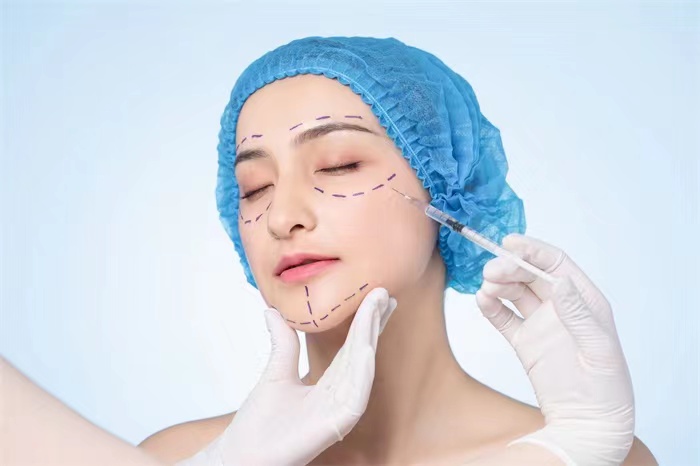Types of Veterinary Needles:
The veterinary field utilizes an assortment of needles—each engineered to meet the unique needs of different animals and procedures. These include hypodermic needles for injections, intravenous (IV) catheters for fluid administration, spinal needles for anesthesia, and specialized surgical needles for wound closure, among others.
Routine Vaccinations:
A cornerstone of preventive veterinary care, vaccinations protect animals against numerous infectious diseases. The correct needle type is vital for efficient drug delivery and minimal discomfort during the procedure.
Intravenous (IV) Therapy:
For animals requiring medication or fluid replenishment, IV therapy is often the chosen route. Using a finely calibrated IV catheter ensures precise dosing directly into the bloodstream, bypassing the digestive system for rapid effect.
Blood Sampling:
Diagnostic testing is a critical aspect of veterinary medicine, frequently requiring blood samples. A sterile needle allows for the safe collection of blood, which can then be analyzed for a variety of health indicators, including infections, organ functions, and nutritional status.
Injection Administration:
Beyond vaccinations, veterinary needles enable the targeted delivery of medications into muscles or body tissues. This method is particularly useful when IV access is challenging or for treatments that require localized action.
Surgical Procedures:
In complex surgeries, needles play a crucial role in tissue manipulation, suturing, and anesthesia administration. Surgical needles are designed for precision and to minimize tissue trauma, aiding in the healing process post-operation.
Advanced Medical Techniques:
With advancements in veterinary medicine, the application of needles has expanded to include joint injections for managing arthritis, epidural injections for pain relief, and acupuncture for therapeutic benefits.
Conclusion:
Veterinary needles serve a broad spectrum of purposes, each tailored to the distinct requirements of animal care. Comprehending the appropriate usage of these instruments is fundamental to providing safe, effective, and humane medical treatment to animals. By acknowledging the significance of veterinary needles, animal caregivers contribute to the overall health and well-being of their animal charges.




